Switzerland triggers unprecedented special status for Ukrainian refugees
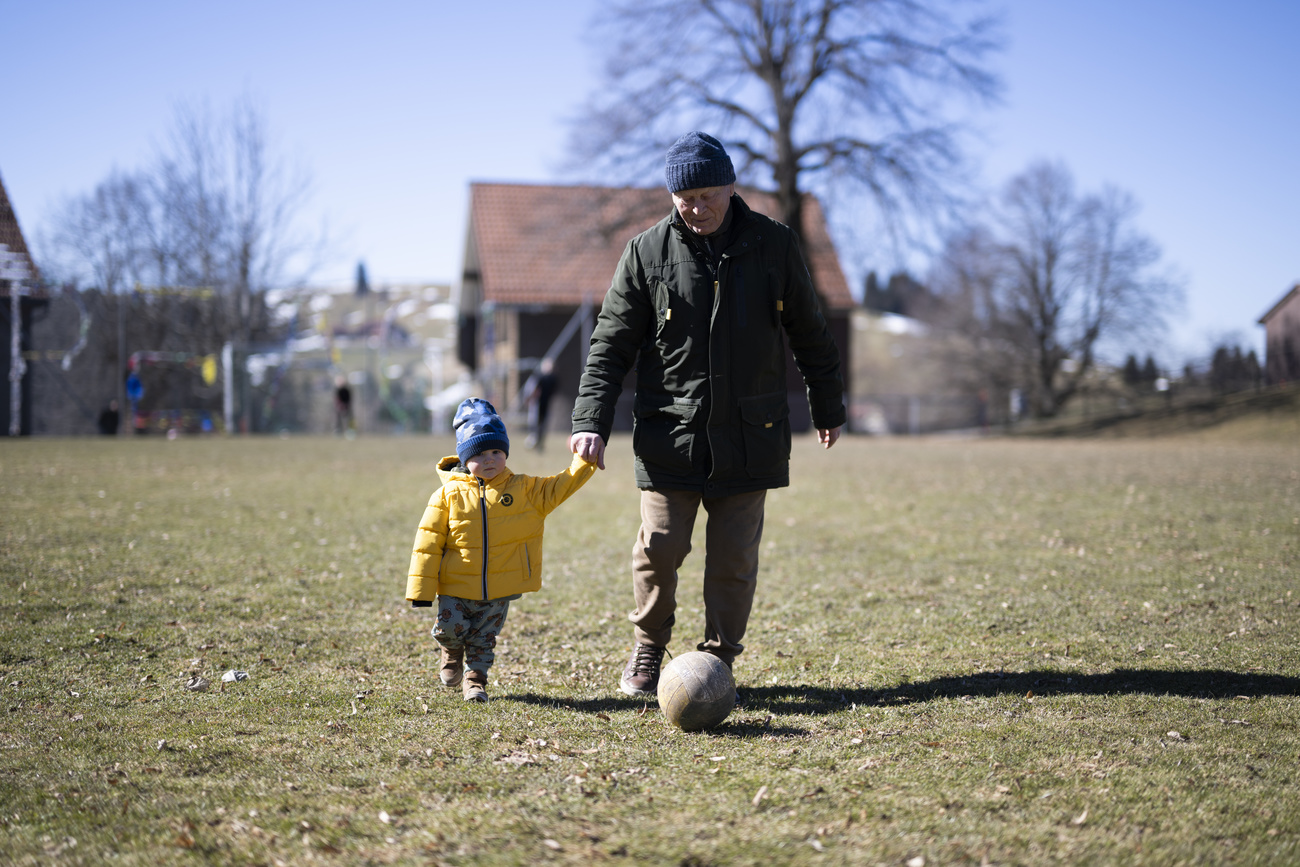
Ukrainians fleeing after Russia’s invasion will be eligible for “S” protection in Switzerland, a status that has never been granted before. Fribourg University law professor Sarah Progin-Theuerkauf welcomes this unprecedented openness by the Swiss authorities.
Some ten million people have been uprooted from their homes by the war in Ukraine, the United Nations says. Of these, over 3.7 million are refugees, with more than 2 million crossing the border into Poland.
More than 11,000 victims of the war have already been registered in Switzerland. The federal government says it is ready to take in some 60,000. But cantonal authorities tasked with dealing with the new arrivals expect as many as 300,000 refugees to reach Switzerland by the end of the year.
On March 11, the cabinet confirmed it is granting them collective protection under a special status called “S”. In so doing, it is following the lead of the European Union, which activated its Temporary ProtectionExternal link Directive on March 4.
What is S status?
The government developed S protection status in the mid-1990s in response to the Balkan wars. The mechanism is intended to enable the rapid admission of a group of refugees, who are thus freed from long asylum procedures, including individual examinations of why they fled their country. The aim is to be able to cope with a massive influx of people without overloading the asylum system.
Swiss citizens approved a revised asylum law including the S permit in June 1999. It came into force in October the same year after the war in former Yugoslavia ended and the S status has never actually been put into effect.
What are the conditions for obtaining protection?
This special status will be granted to Ukrainian nationals and their families. The Swiss cabinet has aligned itself with the EU’s decision, and also decided to go one step further: third-country nationals driven out by the war will also be entitled to this status. However, they must have received a valid residence permit in Ukraine before the war and have no possibility of returning safely to their country of origin. Furthermore, S status will not be granted to those who have already been given protection status in an EU State.
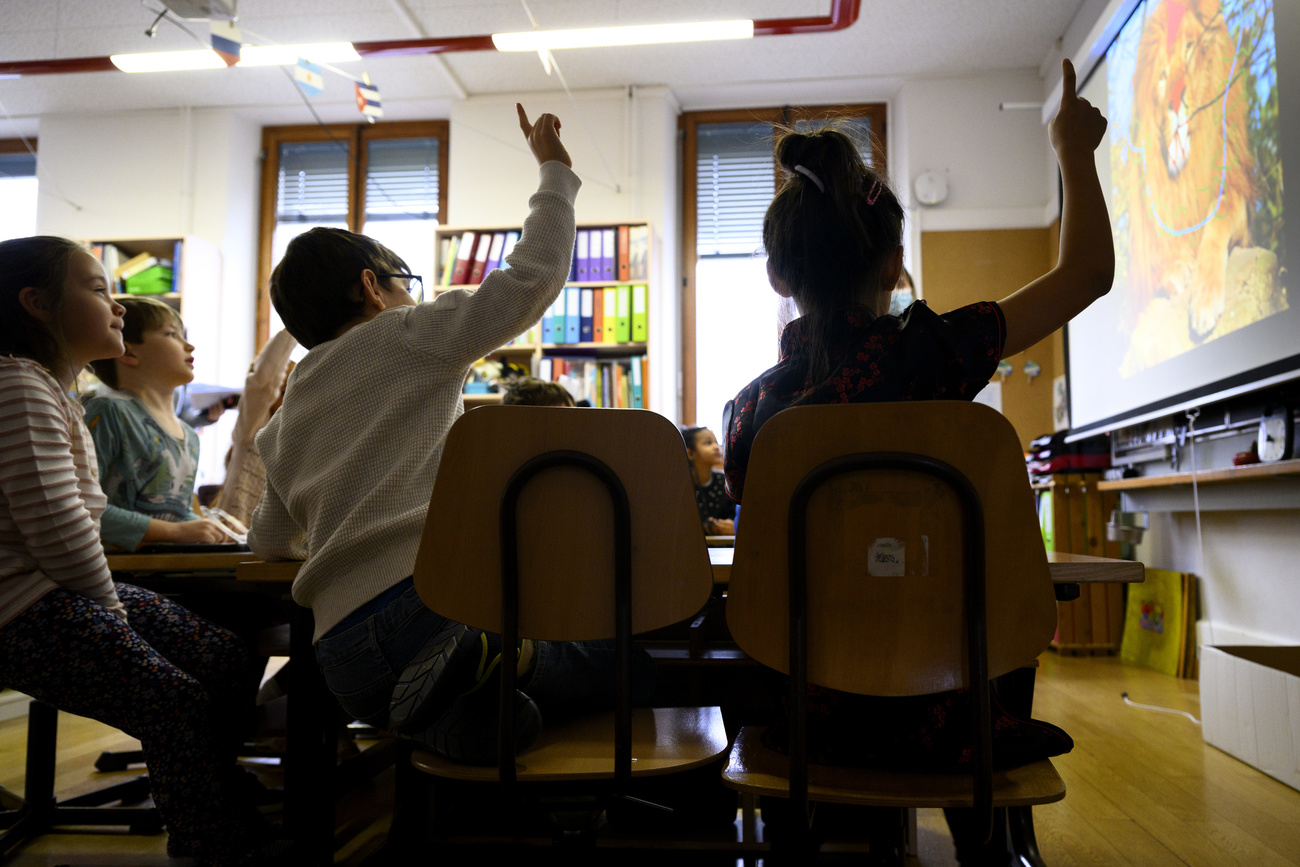
More
Swiss schools prepare for Ukrainian children
What rights does S status confer?
Ukrainians may already travel and stay freely for 90 days within the Schengen area of free movement of persons, of which Switzerland is part. Refugees with S status will receive a one-year temporary residence permit, renewable for as long as the war continues. They will be entitled to accommodation, social benefits and medical care. They may also join the labour market immediately and bring their families to Switzerland. Children will be able to attend school.
After five years, those who cannot return to their country will be issued a residence permit (B permit). The government has also decided to be more generous than foreseen under the law, since anyone with S status will continue to be able to travel within the Schengen area.
Where will these people be housed?
Switzerland has set aside 5,000 places for refugees from Ukraine in federal asylum centres (FACs). In addition, more than 45,000 places (number of beds) are currently being offered by private individuals throughout Switzerland, according to the Swiss Refugee Council. As at March 11, nearly 700 people were already staying in private households and 1,415 in FACs. Some refugees have also been taken in by family or friends, given that prior to the war there were around 11,000 Ukrainians already living in Switzerland.
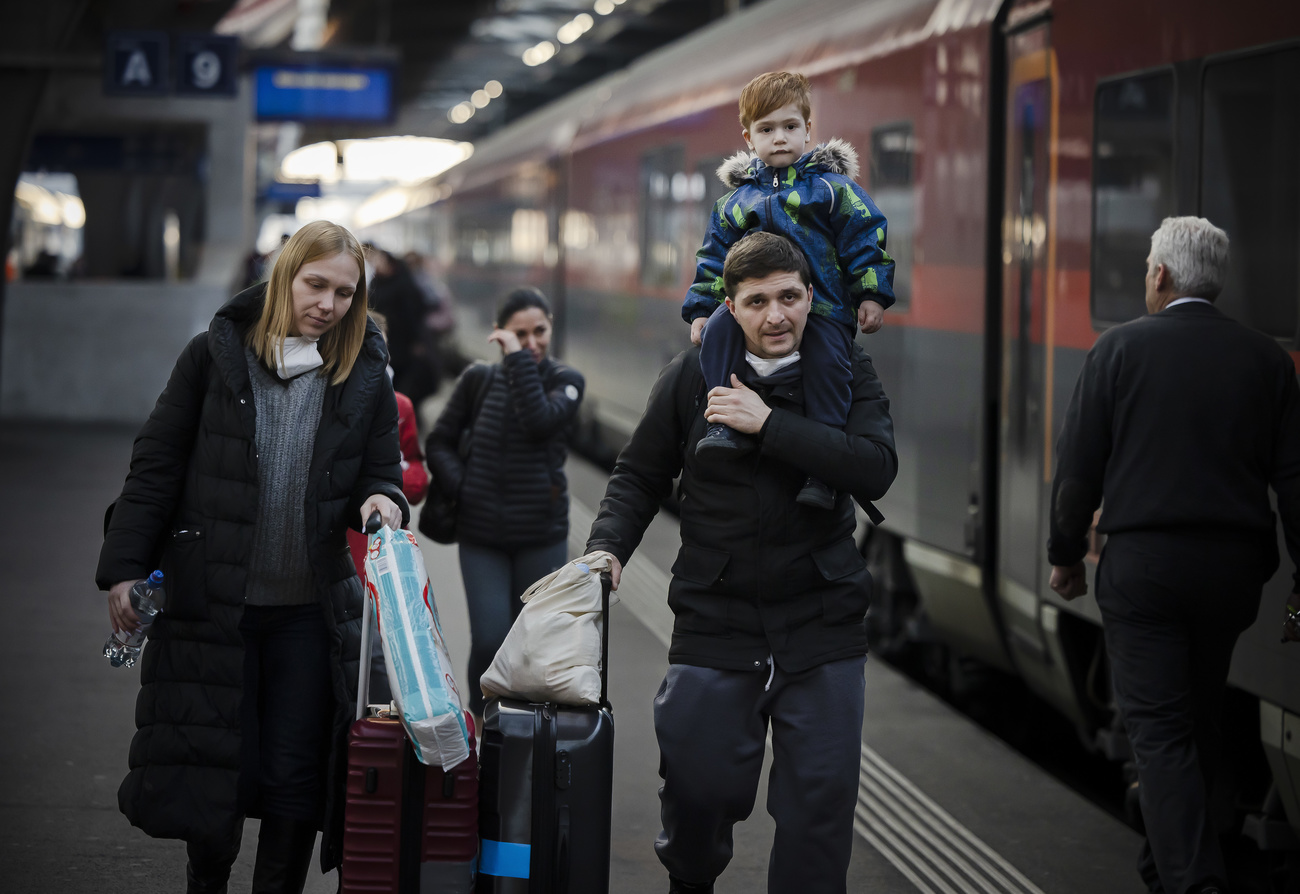
Why was this status never activated before?
This is the first time the cabinet has decided to apply S protection status, although it has existed for over 20 years. “The status was designed to deal with conflicts occurring on Europe’s doorstep, even though this is not written into the law, and to deal with a massive influx of refugees,” explains law professor Sarah Progin-Theuerkauf. This, she adds, is why Switzerland refused to use it for people fleeing the Arab Spring or the wars in Afghanistan and Syria.
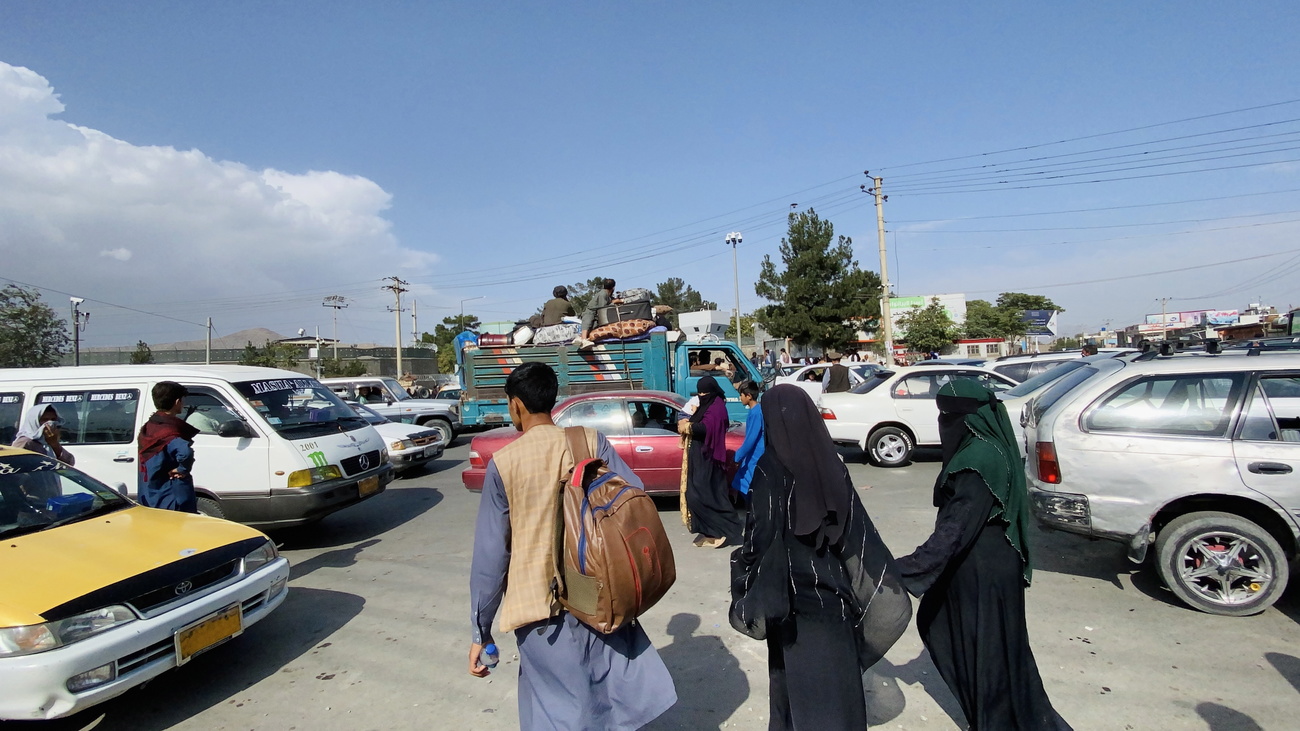
More
Switzerland divided on taking Afghan refugees
In the case of the Syrian conflict, security considerations also played a role. The government was afraid of letting terrorists into the country. “It preferred to rely on case-by-case procedures to determine who was being persecuted individually, and therefore should be granted refugee status, who should be admitted on a provisional basis, and potential terrorists,” says Progin-Theuerkauf.
Why do Ukrainians get this special status?
She welcomes the government’s decision to finally activate this protection status. “Its implementation is good news. Until now, we thought it would remain a dead letter.”
However, she understands those who criticise the difference in treatment according to the nationality of those seeking protection in Switzerland. “The victims of the war in Ukraine are indeed being treated completely differently from other refugees who have arrived in Switzerland up to now. Ukrainians are white, closer to our culture than other peoples, and suddenly everything is possible,” she says. She points out, however, that nationality is a legitimate criterion in migration or asylum law. “People may be treated differently because they are not in comparable situations.”
Could S status be used more in the future?
This is difficult to predict. “Maybe the Swiss will see that this way of absorbing refugees works, and its use will become easier,” says Progin-Theuerkauf. However, as she explains, S status is designed to deal with a massive influx of refugees, which does not happen all the time. “I hope at least that the solidarity the Swiss feel towards Ukrainians will have a positive impact on other refugees in the country, because they are in exactly the same situation. They are also uprooted,” she concludes.
Translated from French by Julia Bassam

In compliance with the JTI standards
More: SWI swissinfo.ch certified by the Journalism Trust Initiative
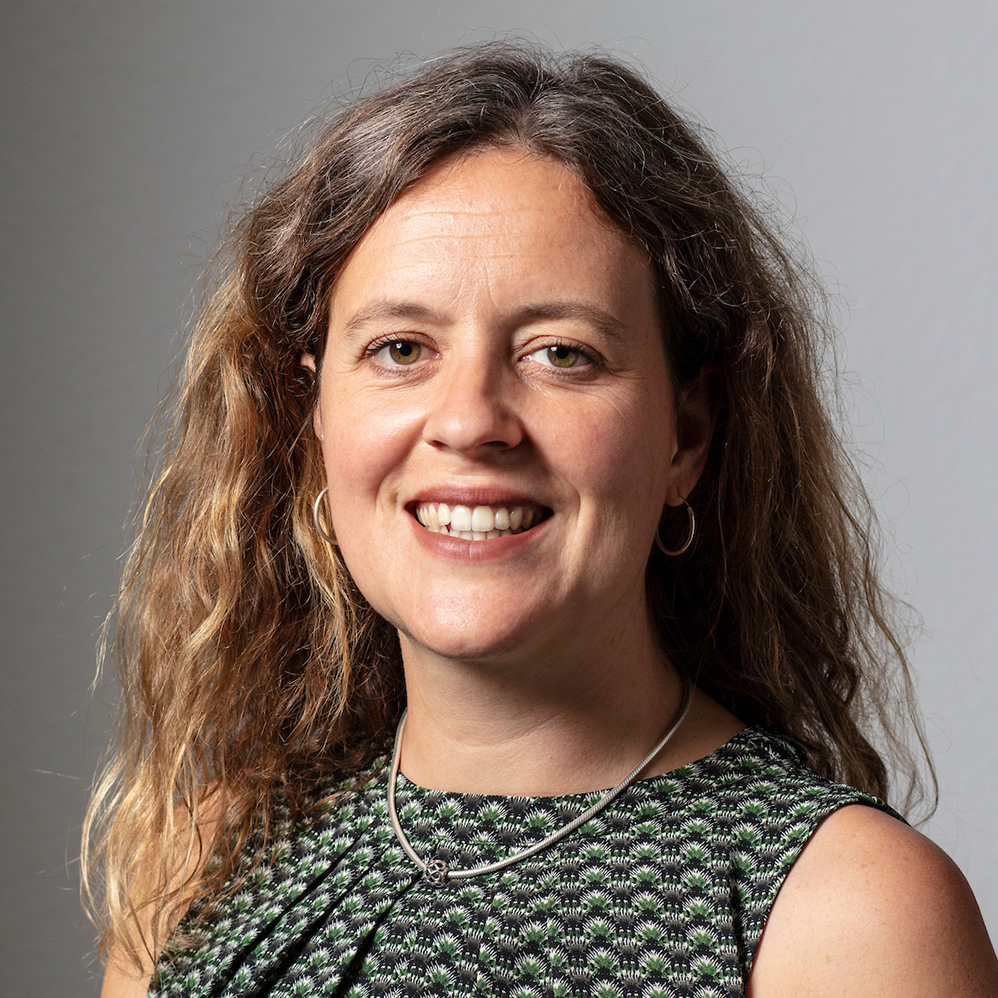
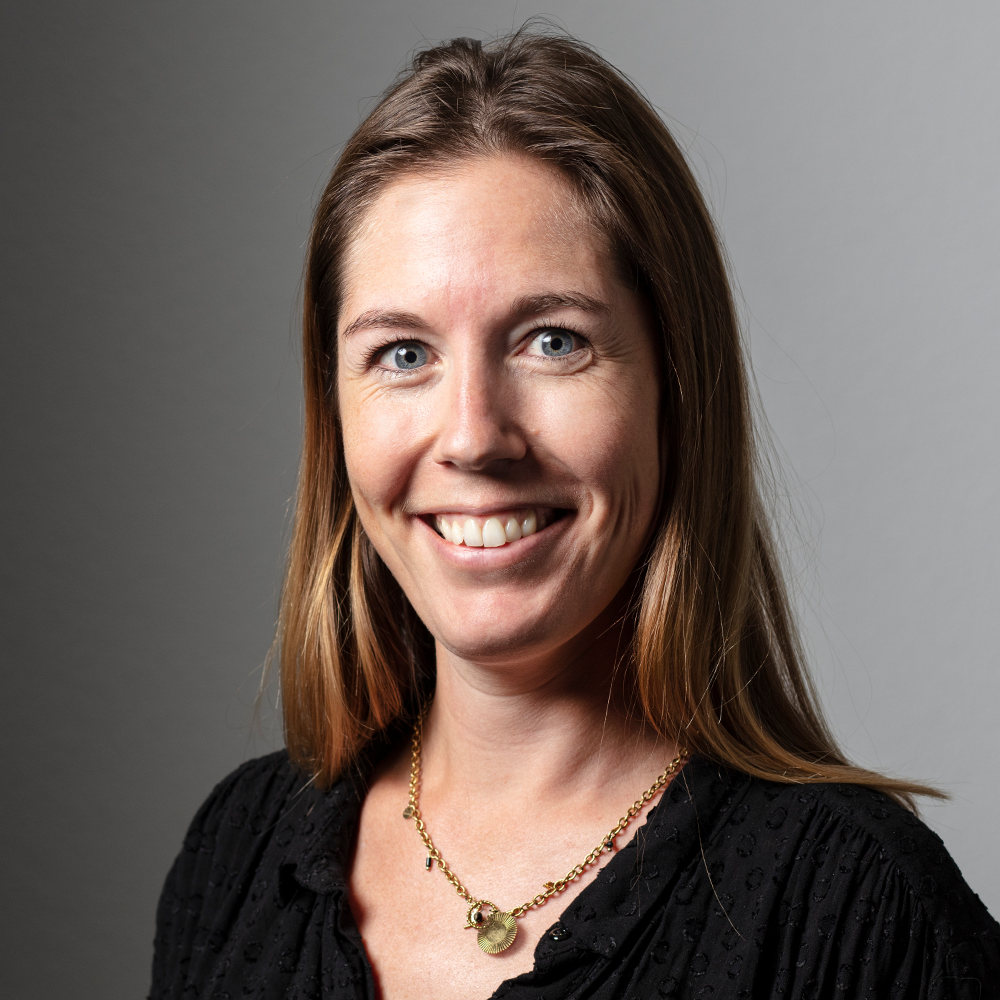
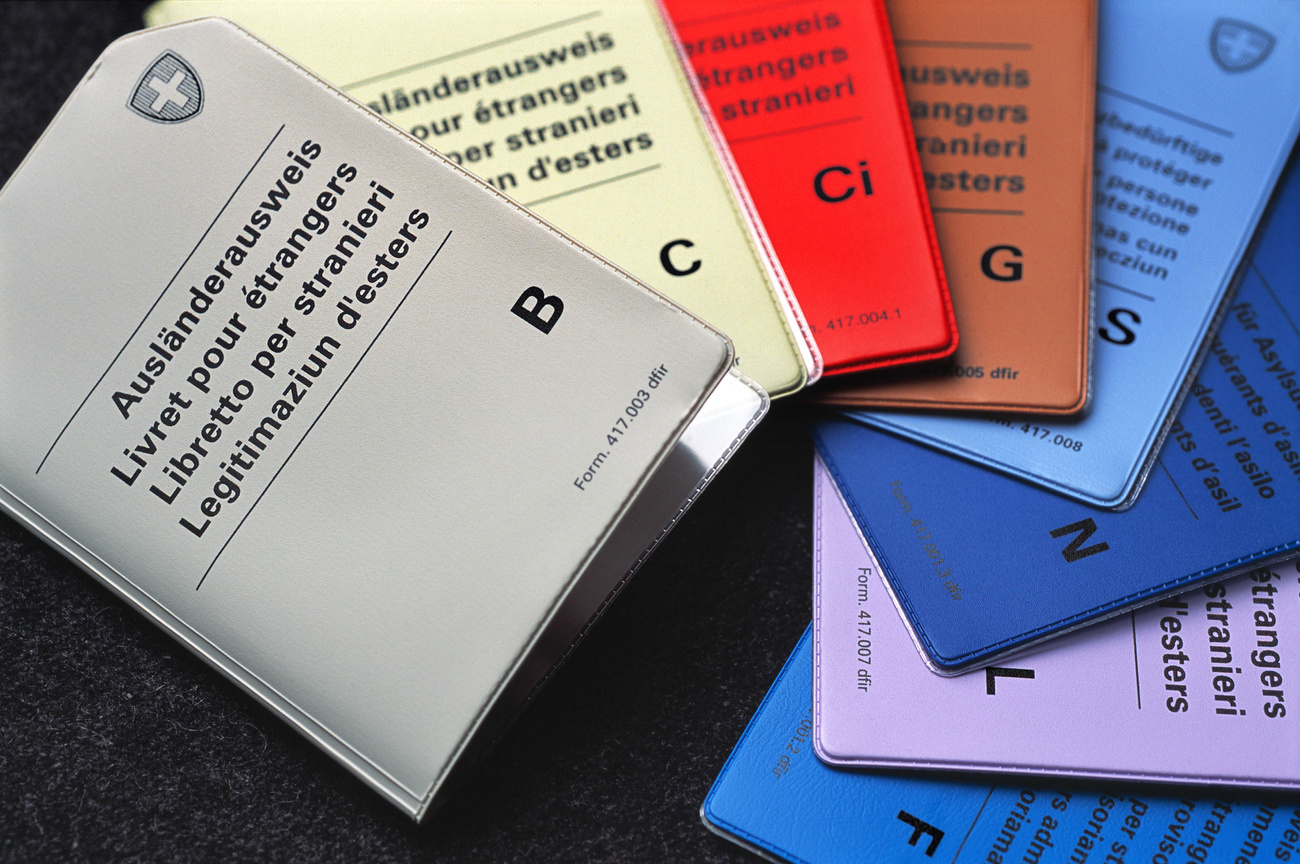
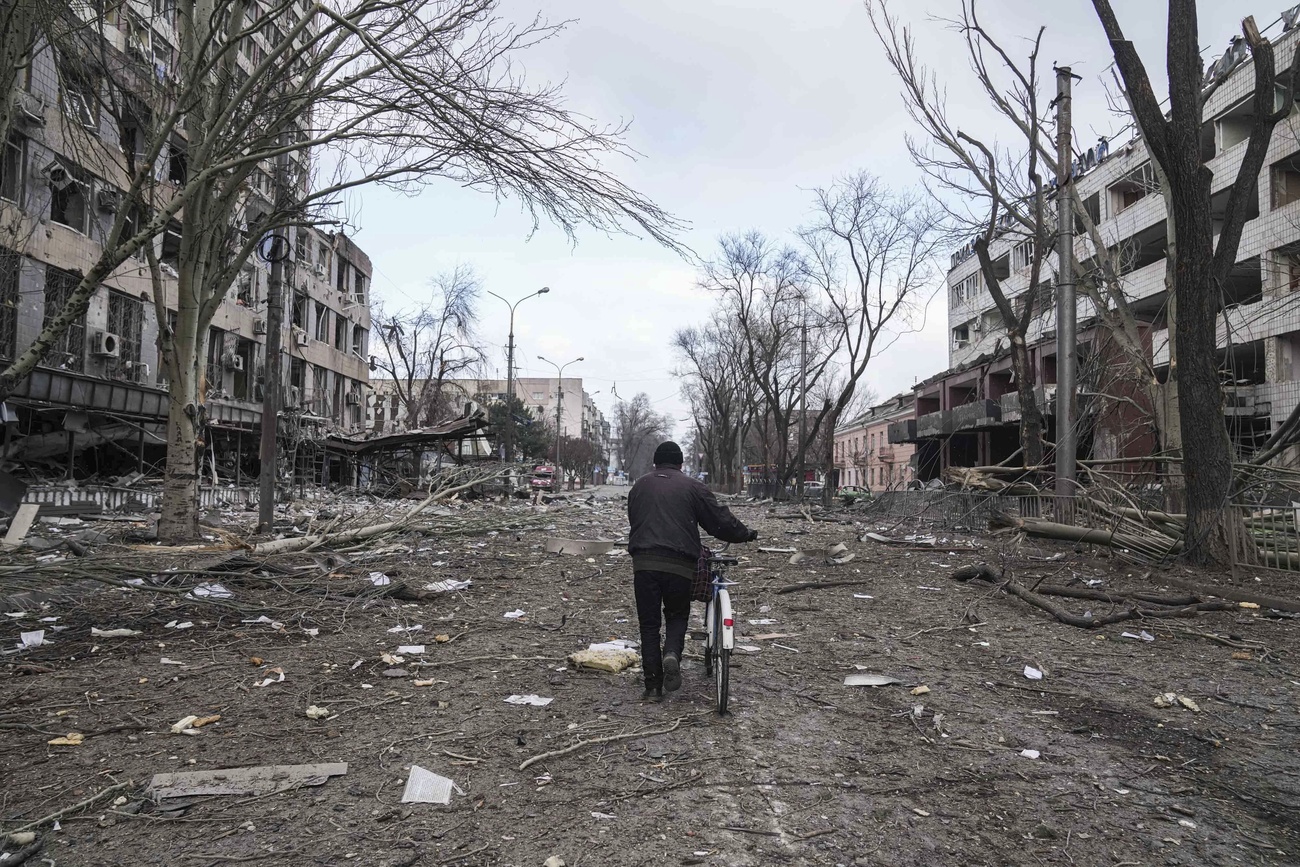
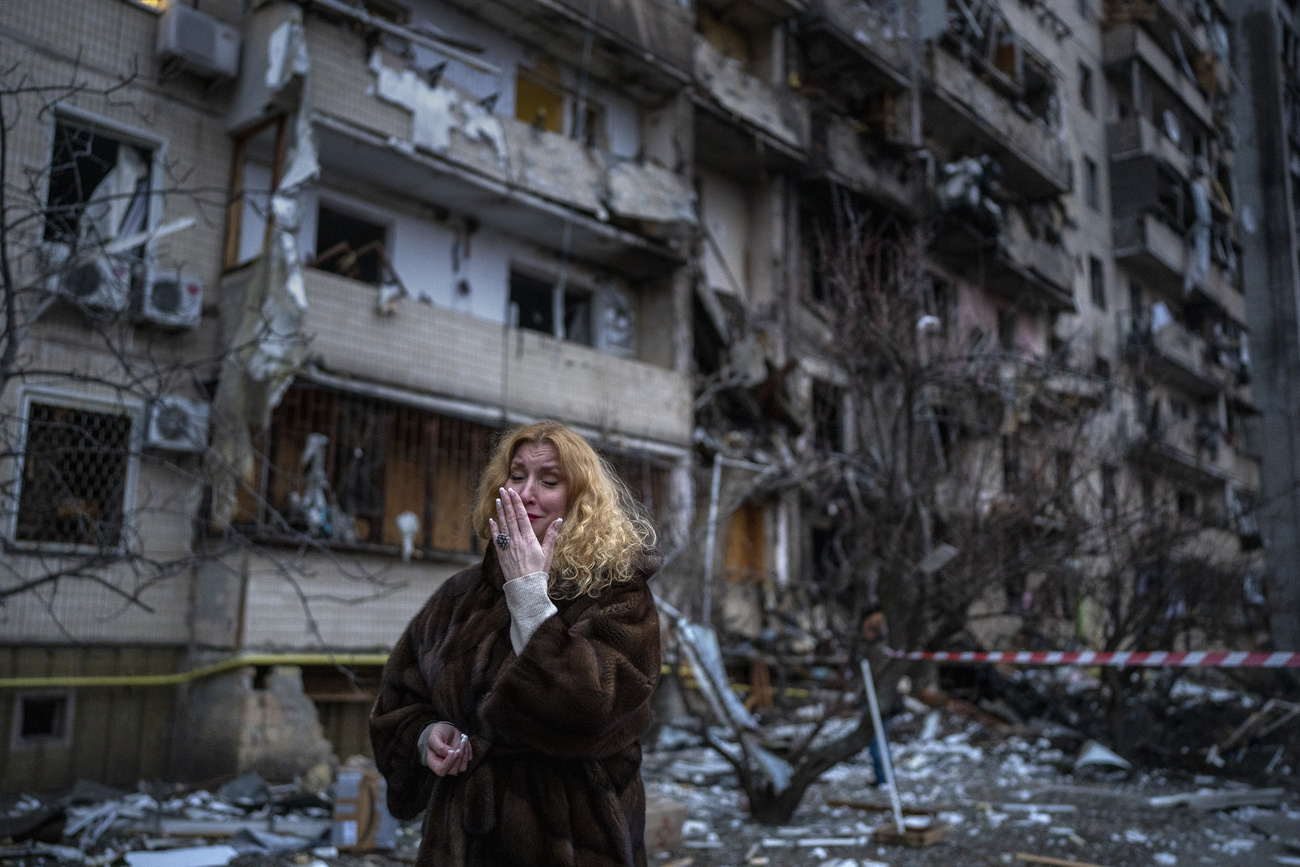
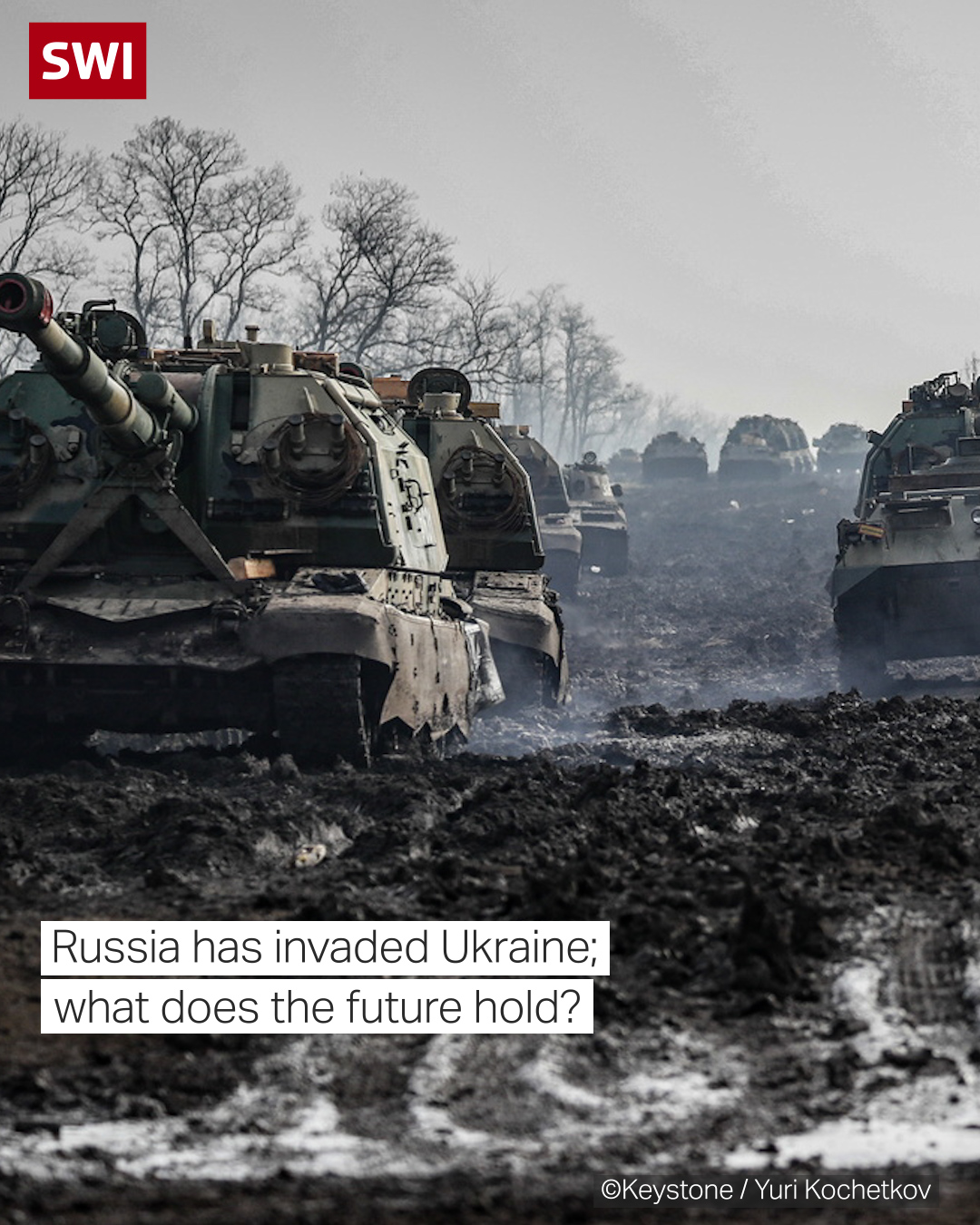
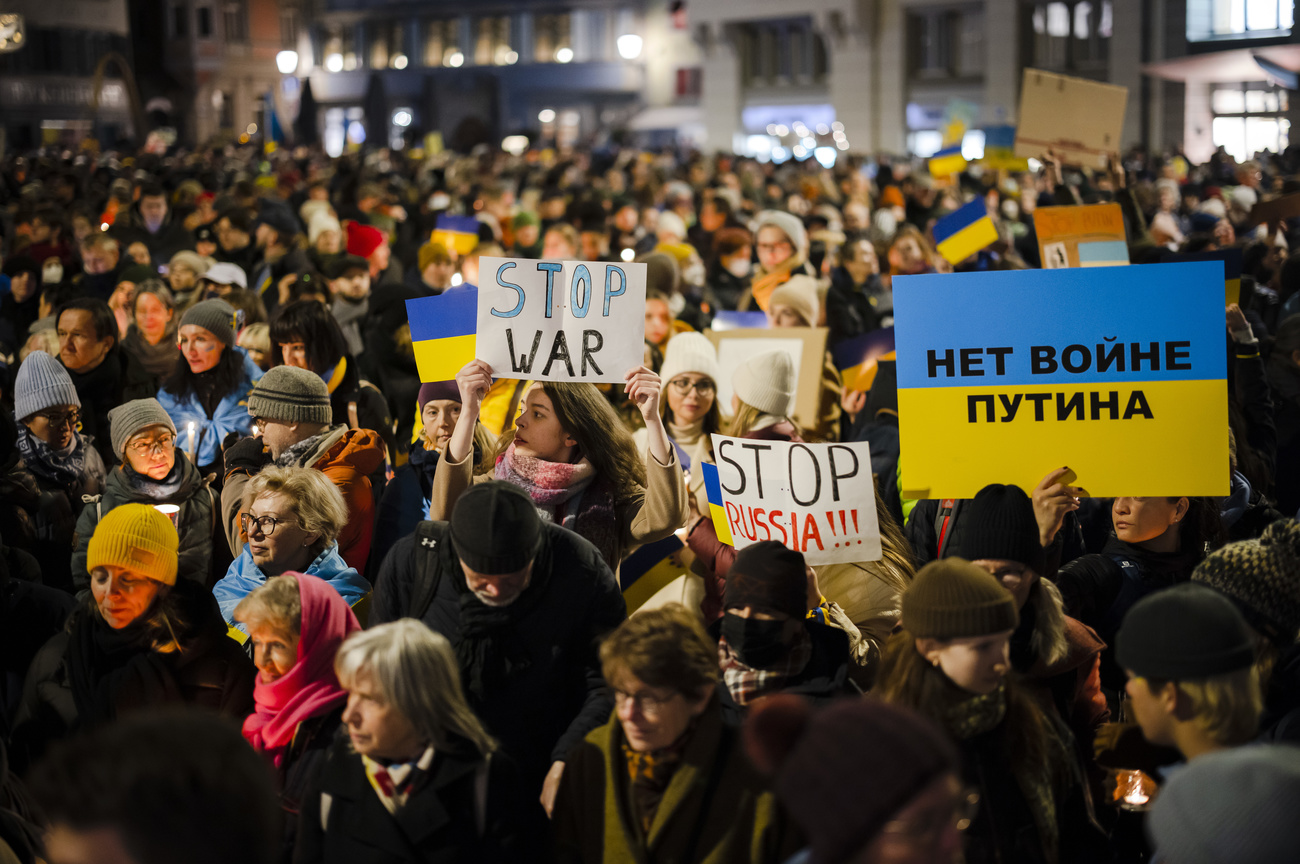
Join the conversation!